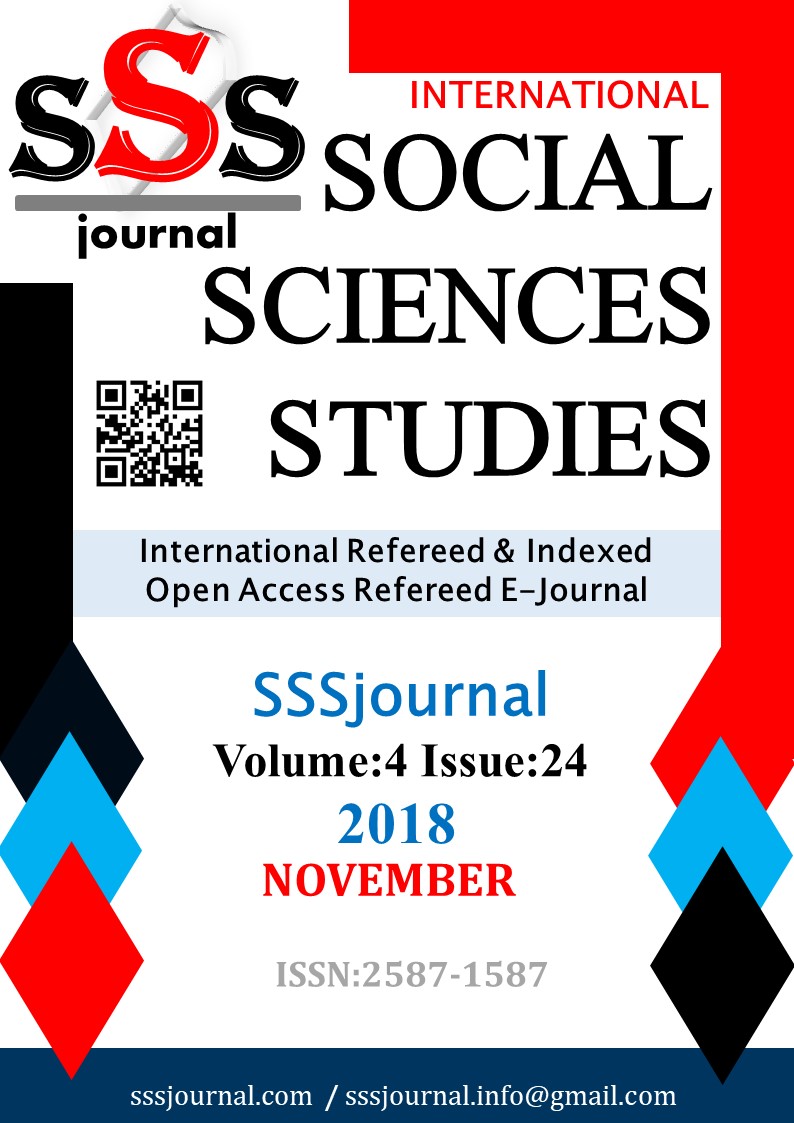SİSTEMİK İNFLAMATUAR YANIT (SIRS) VE ÇOKLU ORGAN FONKSİYON BOZUKLUĞU SENDROMU (MODS) BAKIM GİRİŞİMLERİ
Author :
Abstract
Sistemik inflamatuar yanıt sendromu (SIRS) ve çoğul organ yetmezliği sendromu (MODS) oldukça ciddi ve birbirini tetikleyici, sıkı bir ilişki içinde olan, yaşamı tehdit edici sorunlar olarak ele alınır. SIRS düzenli olmayan inflamasyon formunda bir klinik sendromdur. SIRS rutin olarak hem sepsis gibi infeksiyona bağlı hem de otoimmün hastalıklar, pankreatit, vaskülit, tromboemboli, yanıklar veya ameliyatlar gibi infeksiyona bağlı olmayan süreçlerle ilişkili olabilir. MODS ise iki veya daha fazla organ ve sistemde ki özellikle gram negatif sepsisin kontrolsüz gelişimiyle ortaya çıkan, ilerleyici ve geri dönüşü olmayan genel fizyolojik işlev bozukluğudur. Başlangıçta çoklu organ yetmezliği sendromu SIRS ile ilgili sendrom bağlamında ortaya çıkmıştır. Yoğun bakım insidansı %15’tir ve MODS yoğun bakımlarda en önemli ölüm nedenlerinden biridir. MODS’un tedavi bakım stratejilerinin etkinliği üzerinde yeterli düzeyde kanıta dayalı veriler mevcut değildir. Tedavi ve bakımındaki amaç, sepsisin ilerlemesini engelleyerek MODS’a geçişi durdurmaya ve bozulan organ/sistemleri desteklemeye temellendirilir. Hastanın yakın gözlemi, klinik geçişin dikkatli bir şekilde değerlendirilmesi, organ işlev bozukluklarının erken belirtilerine duyarlılık, odak noktaları oluşturur.
Keywords
Abstract
Systemic inflammatory response syndrome (SIRS) and multiple organ dysfunction syndrome (MODS) are handled problems as trigger each other tight in a relationship quite serious and life-threatening. Systemic inflammatory distress syndrome (SIRS) in a non-regular inflammation in the form of a clinical syndrome. SIRS are routinely connected to both Infections such as sepsis autoimmune diseases, pancreatitis and vasculitis, thromboembolism, burns or surgery like, infection may be the process without associated with. The concept of MODS initially emerged in the context of sepsis and related syndrome. Presently, MODS is defined as a clinical syndrome characterized by the development of progressive and potentially reversible physiologic dysfunction in two or more organs or organ systems that develops due to uncontrolled infection, especially Gram-negative sepsis. The incidence of MODS in intensive care 15 % and It is an important cause of mortality in intensive care units (ICUs) globally. Evidence based data is not available about treatment strategies for the maintenance of sufficient evidence on the effectiveness of MODS. The aim of treatment and care by preventing the progression of sepsis and the transition stop MODS damaged organs/systems based on supporting. Near observation of the patient, the clinical transition to be carefully assessed going forward or sensitivity of early signs of organ dysfunction, creates focal points.
Keywords
- 1. Aksoy G, Kanan N. Akyolcu N. Shock and multiple organ failure Cerrahi hemşireliği 1. Baskı.İstanbul:Nobel tıp kitap evi;2012.p.203-248.
- 2.Dellinger RP, Levy MM, Rhodes A, Annane D, Gerlach H, Opal SM, et al (Surviving Sepsis CampaignGuidelines Committee including the Pediatric Subgroup. Surviving Sepsis Campaign: international guidelines for management of severe sepsis and septic shock). Intensive Care Med 2013;39:165-228.
- 3. Levy MM, Fink MP, Marshall JC, Abraham E,Angus D,Cook D, et al 2001SCCM/ESICM/ACCP/ATS/SIS International Sepsis Definitions Conference. Crit Care Med 2003; 31:1250.
- 4. Dellinger R. P, Mitchell M. L, Rhodes A, Annane D, Gerlack H, Opal S, et al. Surviving SepsisCampaign: International Guidelines for Management of Severe Sepsis and Septic Shock; ccmjournal 2013; 41(2):580-637.
- and Multiple Organ Dysfunction syndrome. Karen K. Carlson eds. Critical Care Nursing 2009. St.Louis: Saunders Elsevier;1189-1205.
- 6. American College Of Chest Physicians/Society Of Critical Care Medicine Consensus Conference:Definitions for Sepsis and Organ Failure and Guidelines for the Use of İnnovative Therapies in Sepsis. Crit Care Med 1992;20(6):864-74.
- 7. Bone RC, Fisher CJ, Clemmer TP, Slotaman GJ, and the Methylprednisolone Severe Sepsis StudyGroup. A Controlled Clinical Trial of High-Dose Methylprednisolone in the Treatment of Severe Sepsis and Septic Shock. N Engl J Med 1987;317(11):653-8.
- 8. Pittet D, Thievent B, Wenzel RP, Li N, Auckenthaler R, Suter PM. Bedside Prediction of Mortalityfrom Bacteremic Sepsis: A Dynamic Analysis of ICU Patients. Am J Respir Crit Care Med 1996;153(2):684-9. Cunneen J,Cortwright M.The puzzle of sepsis fitting the pieces of the inflammatory response with treatment.AACN Clinical Issues;15(1):18-44.
- 10. Bone RC. Immunologic Dissonance: A Continuing Evolution in Our Understanding of the Systemicİnflammatory Response Syndrome (SIRS) and the Multiple Organ Dysfunction Syndrome (MODS). Ann Intern Med 1996;125(8):680-7.
- 11. Johnson D, Mayers I. Multiple Organ Dysfunction Syndrome: A Narrative Review. Can J. Anaesth 2001;48(5):502-9.
- 12. Bone RC, Grodzin CJ, Balk RA. Sepsis: A New Hypothesis for Pathogenesis of the Diease Process.Chest 1997;112:235-43. Cinel I, Opal SM. Molecular Biology of İnflammation and Sepsis: A Primer. Crit Care Med 2009;37(1):291-304.
- 13. Kılıç A.Y. [Scoring Systems in Intensive Care: Why, How, Where Are We?] Yoğun Bakım Dergisi 2002;12(1):26-31.
